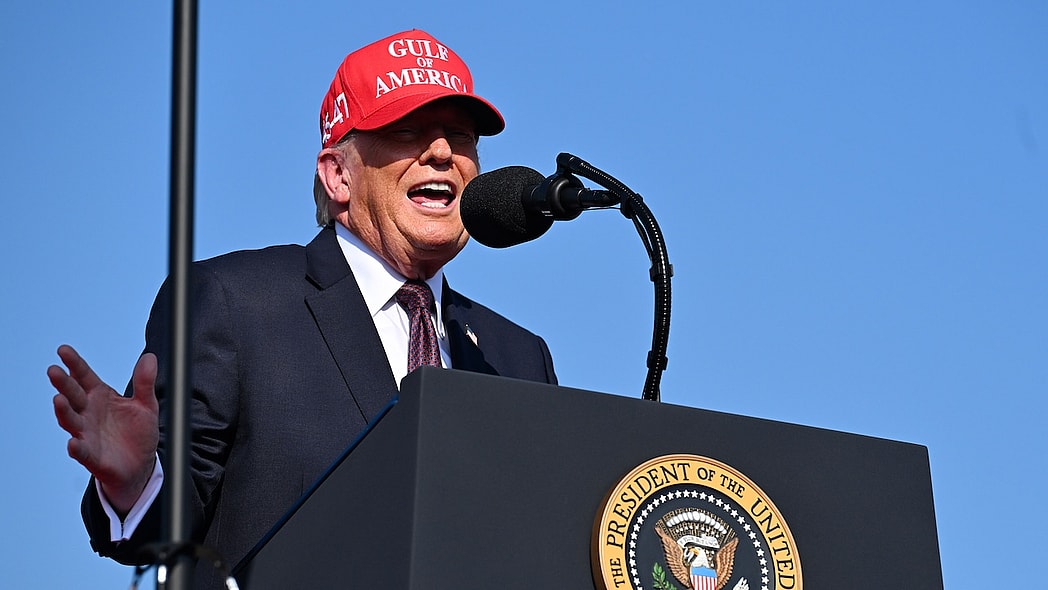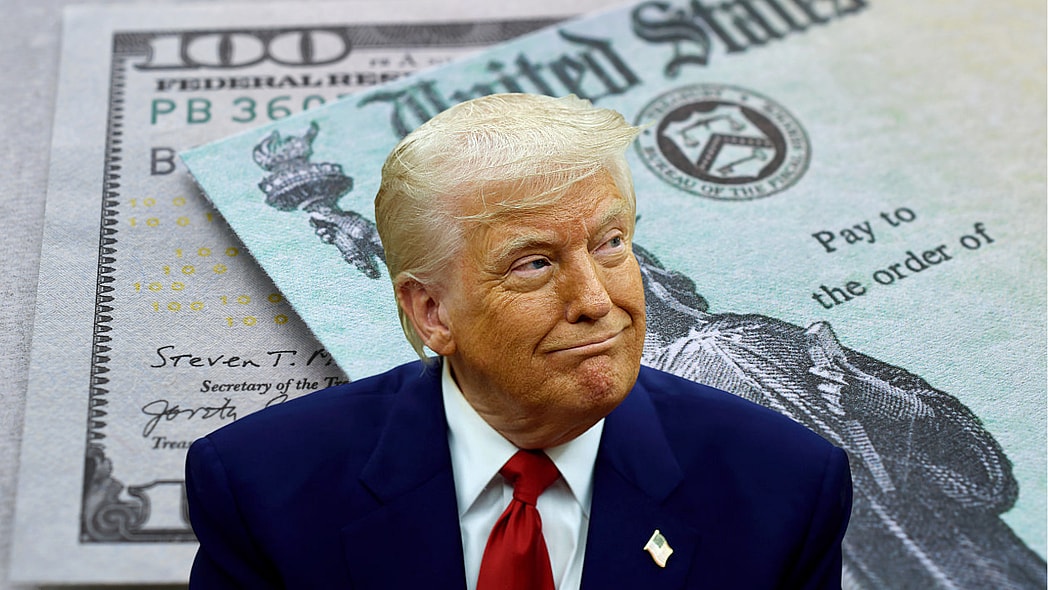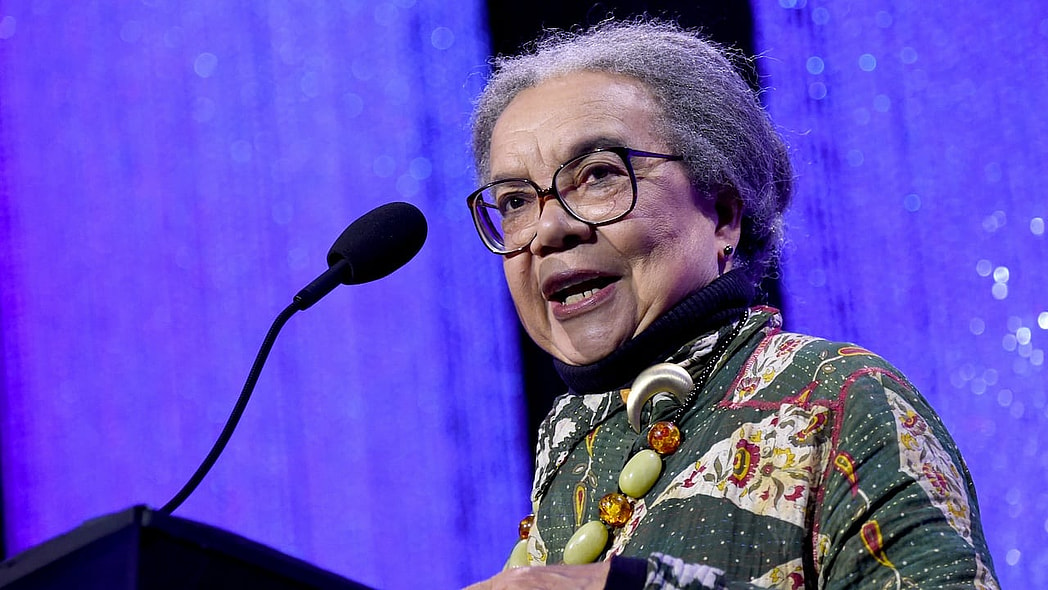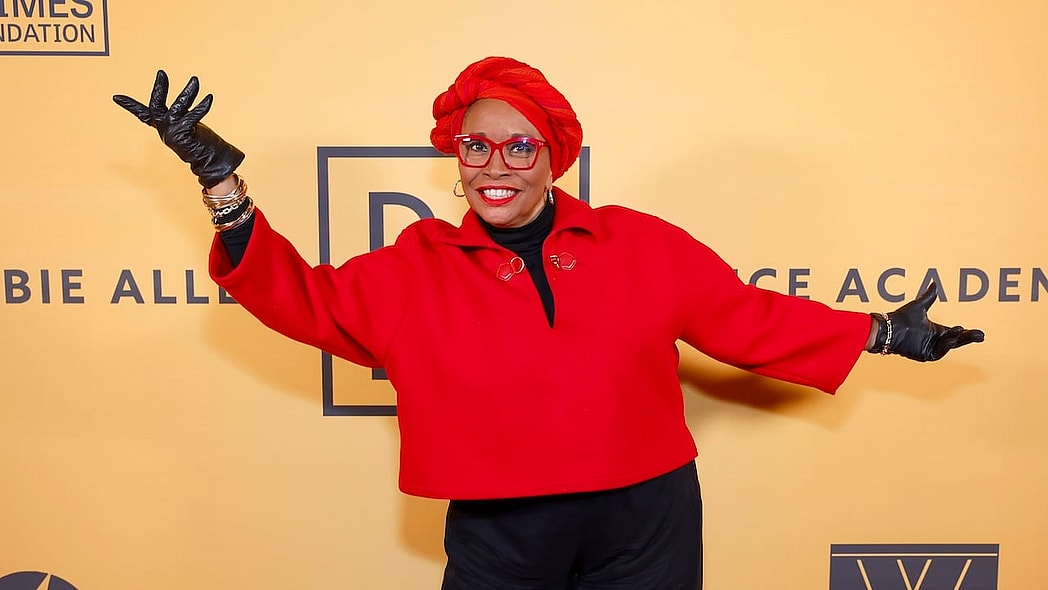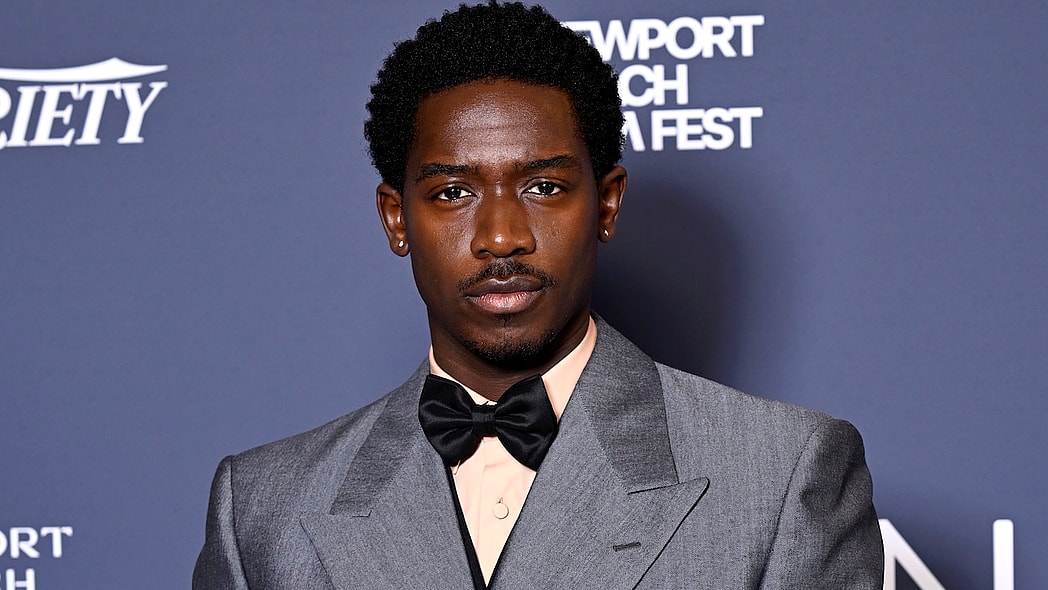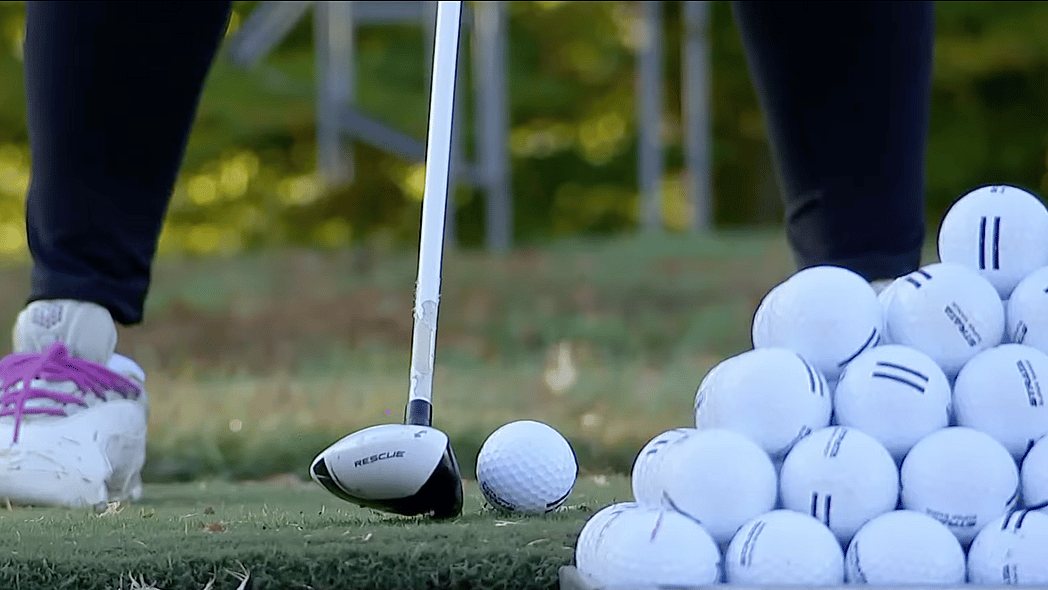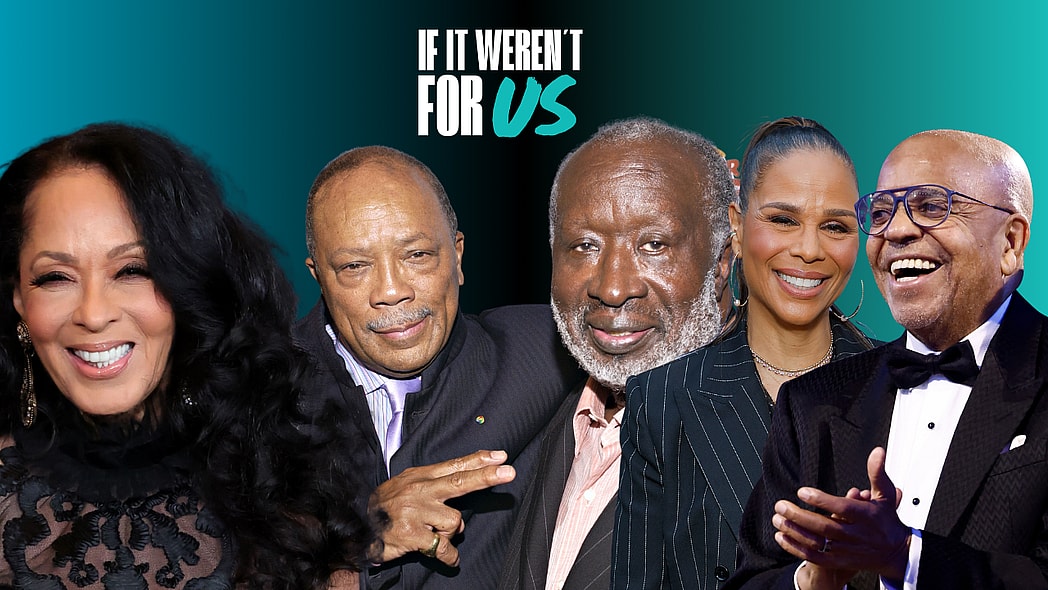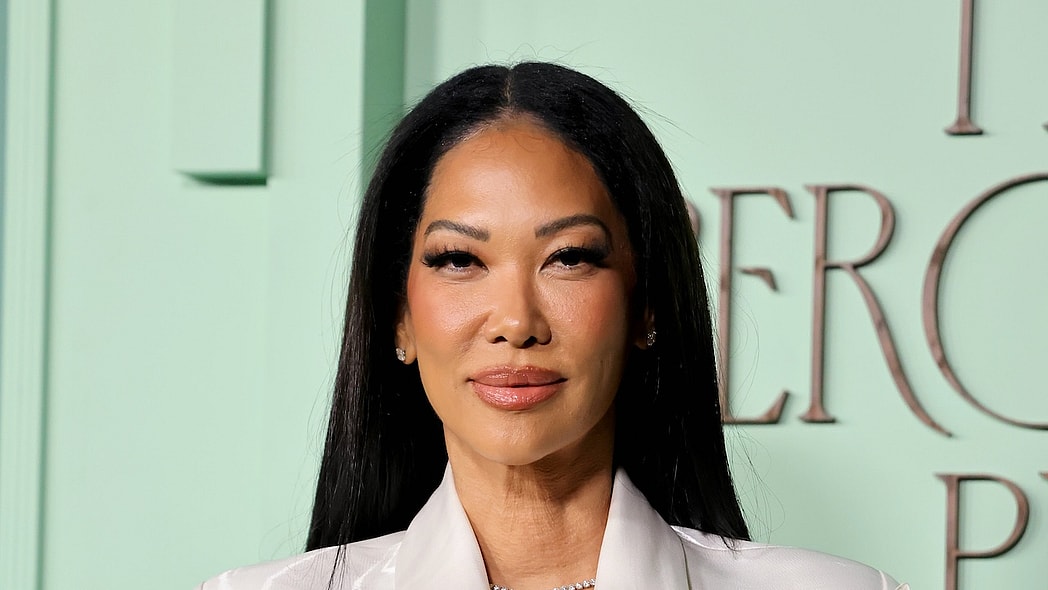WASHINGTON (AP) — During the presidential election four years ago, the Equal Ground Education Fund hired over 100 people to go door-to-door and attend festivals, college homecomings and other events to help register voters across Florida. Their efforts for this year’s elections look much different.
A state law passed last year forced them to stop in-person voter registration, cut staff and led to a significant drop in funding. Organizers aren’t sure how robust their operations will be in the fall.
Genesis Robinson, the group’s interim executive director, said the law has had a “tremendous impact” on its ability to host events and get into communities to engage directly with potential voters.
“Prior to all of these changes, we were able to operate in a space where we were taking action and prepare our communities and make sure they were registered to vote — and help if they weren’t,” he said.
Florida is one of several states, including Kansas, Missouri and Texas, where Republicans have enacted voting restrictions since 2021 that created or enhanced criminal penalties and fines for those who assist voters. The laws have forced some voter outreach groups to cease operations, while others have greatly altered or reduced their activities.
The Florida law, signed by Republican Gov. Ron DeSantis last May, imposed a $50,000 fine on third-party voter registration organizations if the staff or volunteers who handle or collect the forms have been convicted of a felony or are not U.S. citizens. It also raised the fines the groups could face, from $1,000 to $250,000, and reduced the amount of time they are able to return registration applications from 14 days to 10 days.
A federal judge blocked portions of the law earlier this month, including the one targeting felons and those who are not citizens. Even so, the law had a direct effect on the operations of Equal Ground and other voter advocacy organizations in the state before the ruling.
The League of Women Voters in Florida, one of the plaintiffs, shifted away from in-person voter registration to digital outreach. Cecile Scoon, the league’s co-president, said the law stripped the personal connection between its workers and communities. Digital tools aren’t easy to use when registering voters and can be expensive, she said.
These organizations are needed because local election officials don’t always provide adequate support and information, said Derby Johnson, a voter in Ormond Beach who attended a recent community event in Daytona Beach organized by Equal Ground. He said it appeared the Florida Legislature was just trying to make it harder for certain communities to register and cast ballots.
“There are parties actively working to suppress the vote, particularly in Black and brown communities, and these groups help educate and register voters to mitigate that,” she said.
MOVE Texas, a voting rights group that focuses on voters who are 30 or younger, adjusted to that state’s 2021 election overhaul with additional training for their staff and volunteers. Among the provisions drawing concern was one that increased criminal penalties for anyone who receives compensation for assisting a voter, which especially affected the ability to recruit high school and college students for voter registration drives.
“The law contributed to this culture of fear in our elections and being a person who registers voters,” said Stephanie Gomez, the group’s political director.
Recommended Stories
Republicans in Kansas overrode a veto by Democratic Gov. Laura Kelly to pass a bill that made it a felony if anyone registering voters impersonated or was assumed to impersonate an election official.
That forced Loud Light Kansas, a voter outreach group that focuses on minority communities, to stop its registration efforts. Would-be voters typically perceived their staff and volunteers as election workers even when told otherwise, said Anita Alexander, the organization’s vice president.
“We’re trying to engage impacted people, but we weren’t willing to risk anyone getting charged by doing voter engagement work,” she said.
Loud Light and other local voter registration groups sued the Legislature. The Democratic governor said there has been no evidence in the state of widespread voter fraud or instances of individuals impersonating election officials.
In Missouri, the state chapter of the League of Women Voters and the Missouri State Conference of the NAACP sued after the state enacted wide-ranging election legislation in 2022.
Among other things, the new law bans compensation for those who register voters and requires that anyone who helps more than 10 people register must also register with the secretary of state’s office and be a voter themselves. Violators can face criminal penalties.
The completed secretary of state’s forms are public, which presents a privacy concern for many people who might otherwise want to help with voter registration efforts, said Denise Lieberman, director and general counsel of the Missouri Voter Protection Coalition.
“Historically, when those membership lists have been obtained, they’ve been used to intimidate. So, there’s a lot of trepidation, especially in groups that are targeting low-income or communities of color,” she said. “If you just want to volunteer for one hour on a Saturday morning to help out on your college campus or on an Earth Day or anything, you have to go through this whole process.”
The Missouri law is on hold while the legal challenge plays out, with a trial set for August.
Voting rights experts expect to see continued attempts to restrict voting and the activities of voter outreach groups in Republican-controlled states, said Megan Bellamy, vice president of law and policy at the Voting Rights Lab.
“The effort to target third-party voter registration groups is just, unfortunately, one of many policy areas that state legislatures are moving to address,” she said.


